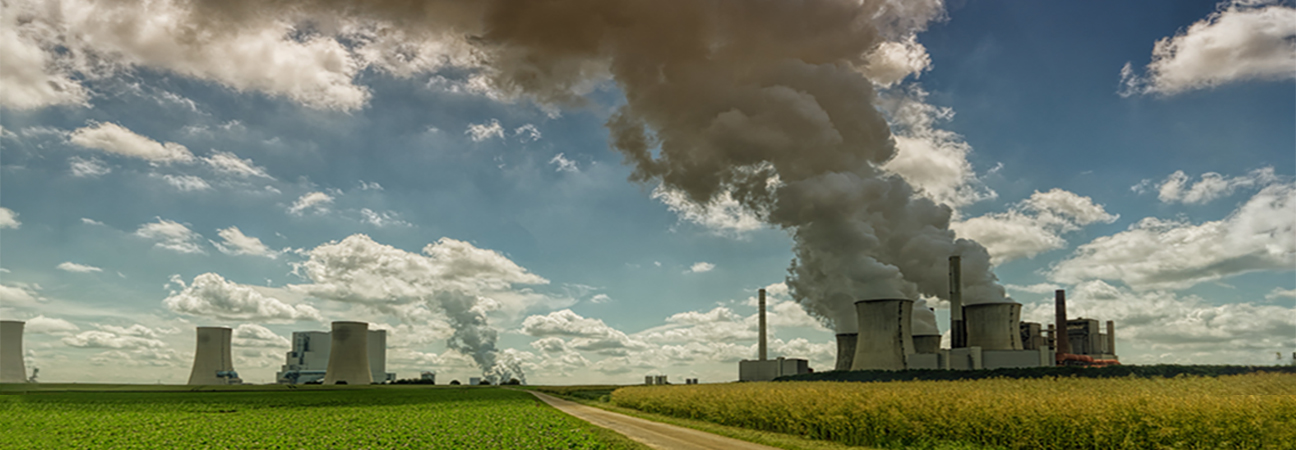
If I asked you right now, “Do you know where most of your company’s emissions really come from?”, would you confidently say “Yes”?
For most businesses, the honest answer is probably not. Here’s the reality: direct operations (Scope 1) and purchased electricity (Scope 2) are just the tip of the iceberg. The bulk—a staggering 70–90% of total emissions, according to CDP comes from what’s hidden deeper in your value chain (Scope 3).
These include emissions from your suppliers, transportation partners, how your products are used, and even what happens at their end-of-life stage. Ignore them, and you’re not just missing a big piece of the puzzle you’re under-reporting your climate impact, which can derail your net-zero plans.
Traditionally, companies relied on supplier questionnaires or estimates to report Scope 3 data. But investors, regulators, and customers are increasingly skeptical of “black box” data. What they demand now is assurance or third-party verification that supply chain emissions are real, reliable, and consistent.
Here’s why value chain assurance is moving from optional to essential:
In short, value chain assurance is becoming the backbone of credible climate action—without it, climate disclosures risk losing both trust and value.
Think of GHG assurance as a rigorous health check for your emissions data only this time, the “patient” is your entire value chain.
When applied to Scope 3, assurance means independent experts verify whether your data is accurate, complete, and transparent across both upstream and downstream activities.
The most trusted assurance bodies follow global benchmarks like:
And here’s the catch: it’s not just about doing things right, it’s about proving it to investors, regulators, and customers.
Can your company already report value chain emissions with the same confidence as Scope 1 and 2? If not, here’s what’s coming:
|
Year |
What’s Changing |
Why It Matters |
|
FY 2025–26 |
SEBI mandates limited assurance for Scope 1 & 2 for India’s top 500 listed companies |
Establishes baseline for eventual Scope 3 inclusion. |
|
2024 |
SEC Climate Rule finalized in the U.S. (Scope 3 disclosure for large firms) |
Global supply chains will feel the impact |
|
2025 |
EU CSRD kicks in, requiring Scope 3 assurance for large companies |
Will affect Indian exporters to the EU |
|
2026 |
IFRS S2 & ISSB standards go global |
Alignment with global financial reporting |
Let’s be honest Scope 3 GHG assurance is not a walk in the park.
You might be dealing with:
If you want your next Scope 3 assurance to be smooth (and avoid last-minute panic), here’s what works in the real world:
Here’s the mindset shift: GHG assurance is not just a checklist for regulators.
Done right, it:
When you assure your Scope 3 emissions, you’re not just playing defense, you’re positioning your brand as a sustainability leader.
📩 Your Turn: How is your organization approaching Scope 3 emissions? Drop us a line at info@kbscertification.com we’d love to exchange insights.
Founded in 2005, KBS is a globally recognized third-party assessment body, accredited to ISO 14065 by NABCB for GHG Assurance. With expertise in climate change, sustainability assurance, ESG, CBAM, Net Zero, and product certifications, we’ve validated and verified over 2500+ projects worldwide under CDM, Verra (VCS), Gold Standard, and ISO 14064 standards. For more detail visit our website www.kbscertification.com